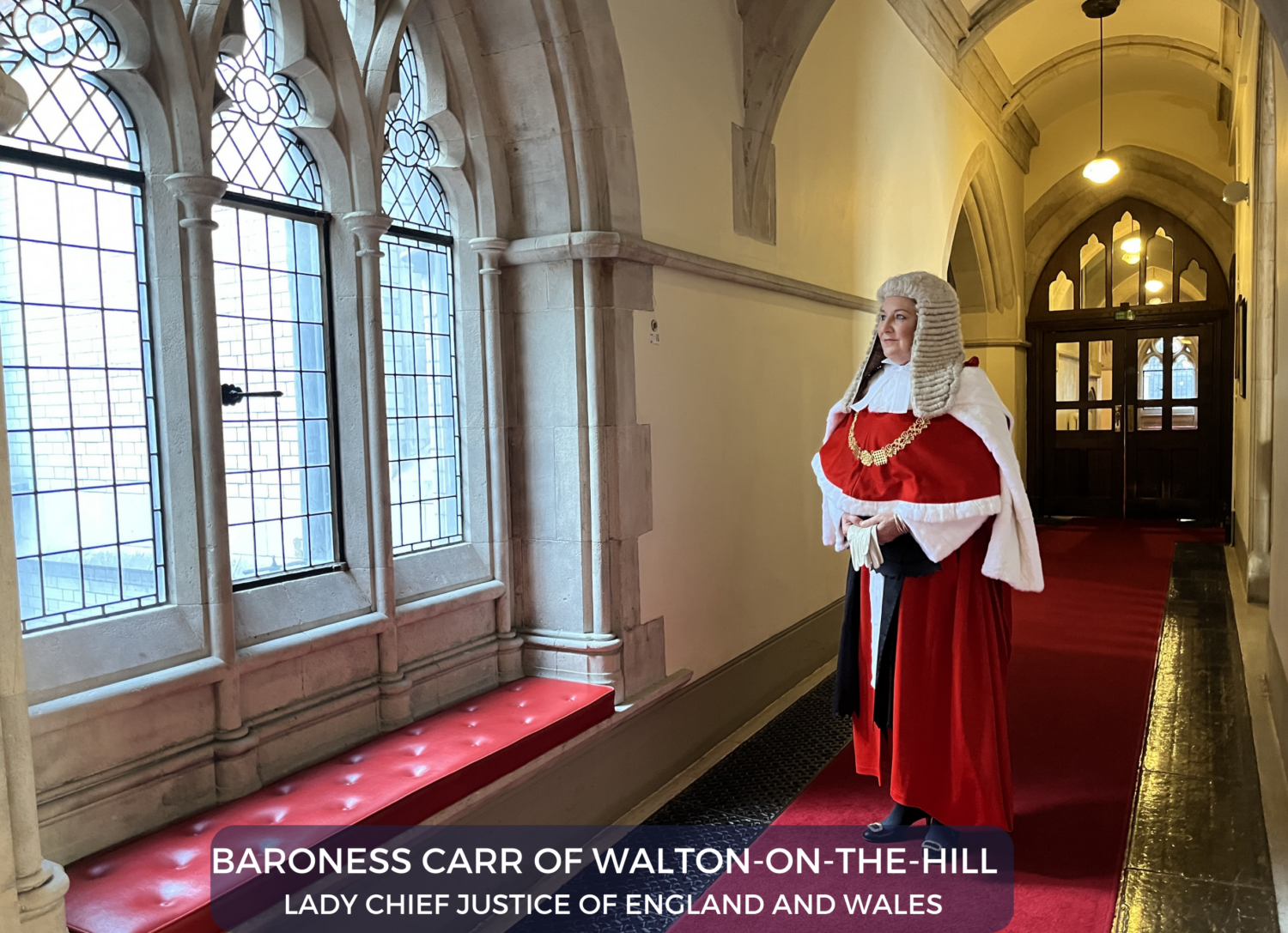
Who are the Judiciary?
- Independence
- Impartiality
- Integrity
The judiciary is made up of judges, magistrates, tribunal members, and coroners.
Together, they uphold the rule of law.
Judges and other members of the judiciary oversee cases, in different
types of courts and tribunals and in different areas of law across the
country.